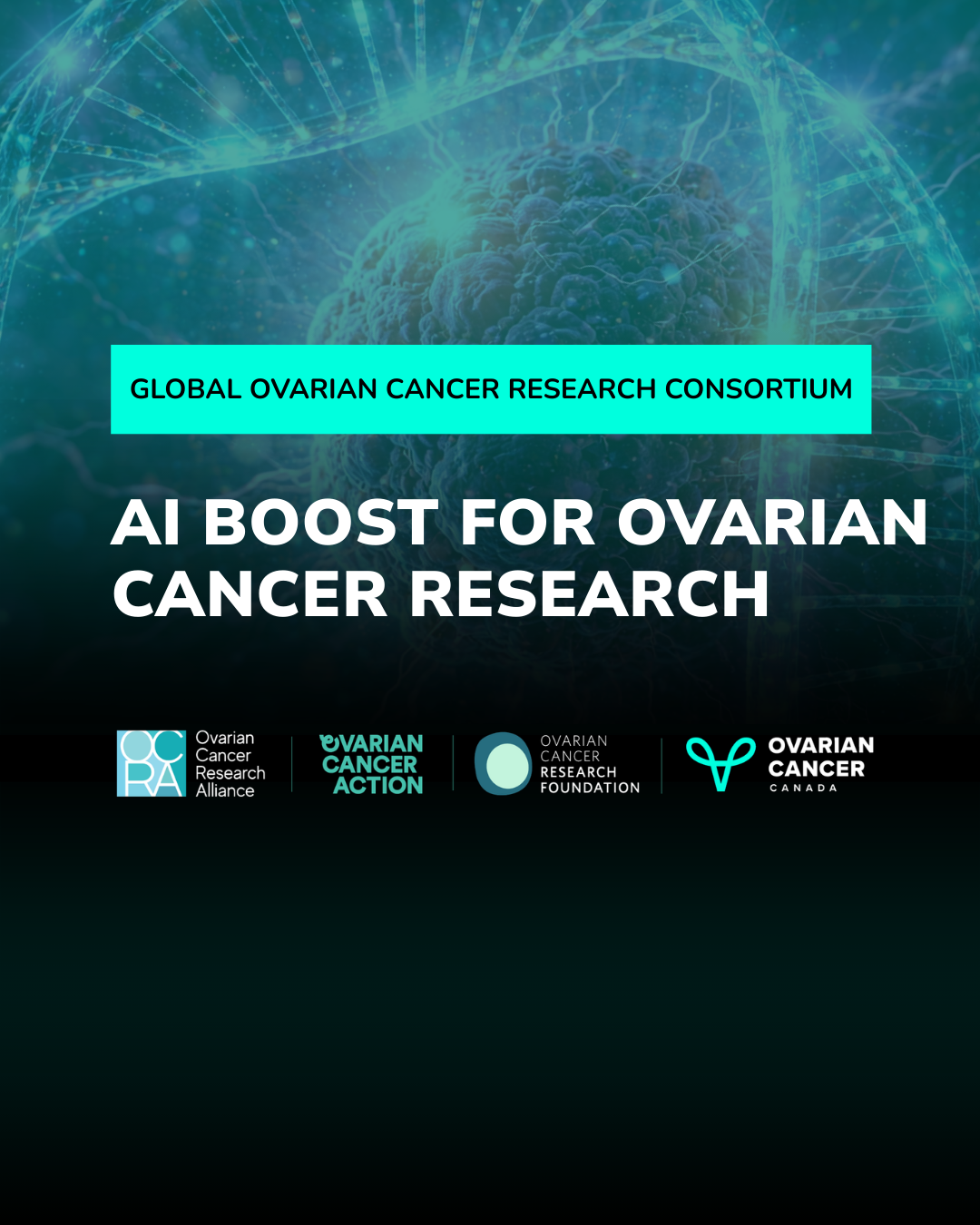
Dr. Selvendiran Karuppaiyah is a 2011 Liz Tilberis Grant Recipient.
In this interview with OCRF’s Sarah DeFeo, Dr. Karuppaiyah discusses his research and what it means to receive a grant from OCRF.
Sarah DeFeo: Tell us how you became interested in being an ovarian cancer researcher.
Selvendiran Karuppaiyah: I have always been interested in science. I completed my PhD in Biochemistry in 2003 from the University of Madras in Chennai, India. Afterwards, I moved to Japan for three years to work as a Postdoctoral fellow at the Research Center for Innovative Cancer Therapy at the Kurume Medical University in Kurume, Japan working in the field of liver cancer research. In 2006, I moved to the United States and came to the Ohio State University to work with an ovarian cancer researcher—that’s what really got me started down this path.
SD: What is your research about?
SK: My current study is to develop novel synthetic drugs for selective targets of ovarian cancer cells, including those that have developed a resistance to chemotherapy, which is a major clinical challenge for ovarian cancer treatment. These new drugs, called DAPs, might work as a stand-alone, first line treatment for ovarian cancer or could possibly kill chemotherapy-resistant cancer cells. Some of these drugs appear to specifically target ovarian cancer, while preventing damage to normal cells. They work by lowering levels of a molecule called STAT3, which when overstimulated in ovarian cancer cells leads to uncontrolled cell growth and drug resistance. I’m using cell culture methods to investigate the potential of several DAP compounds to fight ovarian cancer. I’ll study how these DAP molecules work and will test the most promising DAPs in a mouse model of ovarian cancer.
SD: How will this OCRF grant help you as you continue in your career?
SK: This grant is enabling me to begin an independent research career—which is what every young researcher wants—and to focus on research topics that I believe are promising and important. Grants like this are essential because research is expensive! Of course, smaller grants help, but larger grants like this make a more significant impact. In addition, these grants also help grow the field by enabling researchers like me to gain experience and expertise; otherwise, it could be tempting to move into a different field, where research funding is more readily available. The OCRF grant award helped me get promoted to an Assistant Professor faculty position in Division of Gynecologic Oncology this spring, so it’s already making an impact.
SD: What do you see as one of the major challenges in the fight against ovarian cancer?
SK: A major problem with ovarian cancer is that it is rarely detected early. Trying to find methods to catch it early, or to stop it from forming in the first place, is very important. However, because we won’t be able to catch or stop every case of the disease, it’s also absolutely essential that we develop drugs that can treat it more effectively. We have to find ways to get our discoveries out of the lab, and into the hospital room to help patients. This “translational” aspect of research is important to me, and I’m collaborating with two OSU physicians, Dr. Jeff Fowler and Dr. David Cohn (both clinical gynecologic oncologists) to help translate what I am finding in the lab into better care for patients.
Dr. Karuppaiyah, PhD is an Assistant Professor of Obstetrics and Gynecology at the Ohio State University Medical Center. His primary research interests are molecular and cellular signaling pathways which play a role in the development and progression of ovarian cancer, and potential ways that these pathways can be targeted for disruption as a means of treatment. In 2008, and again in 2009, Dr. Karuppaiyah was honored with Young Investigator Awards by the Kaleidoscope of Hope (KOH) Foundation for Ovarian Cancer Research.


